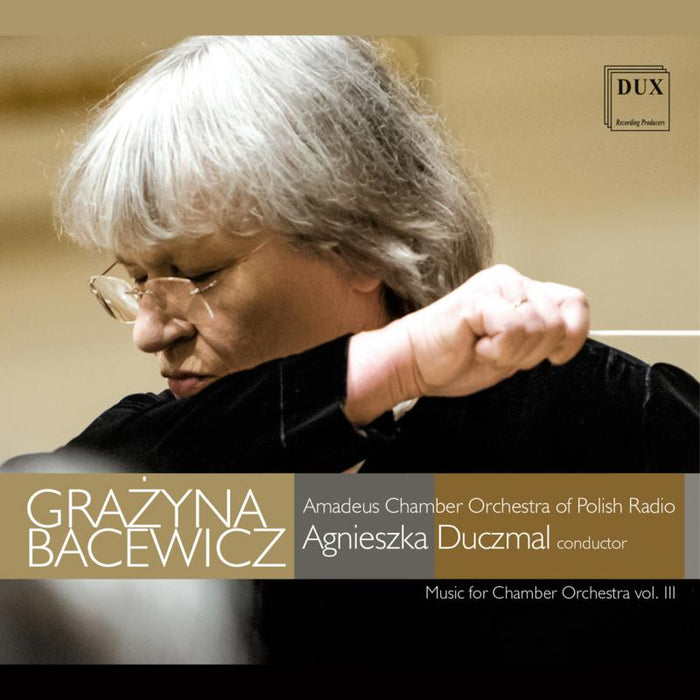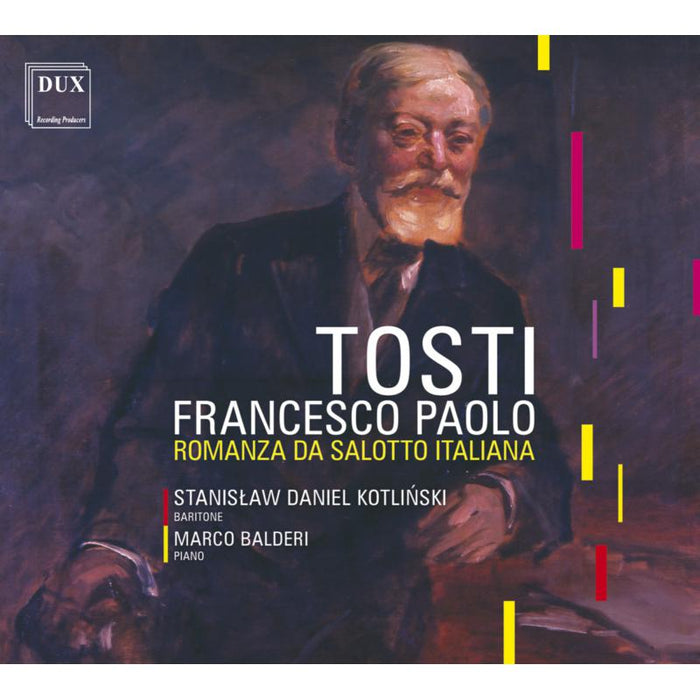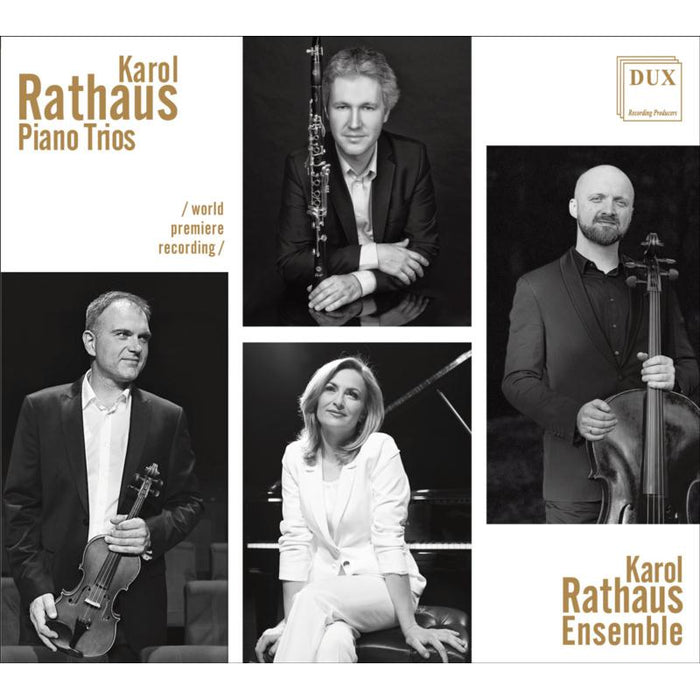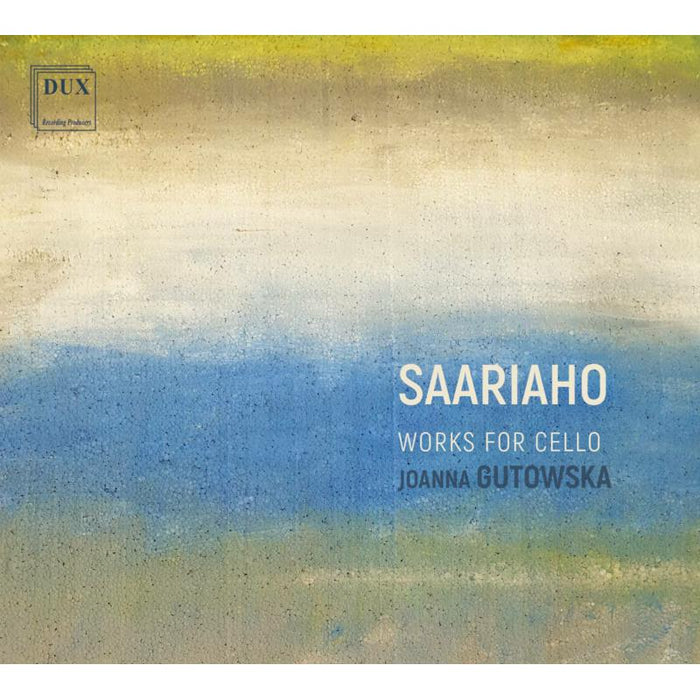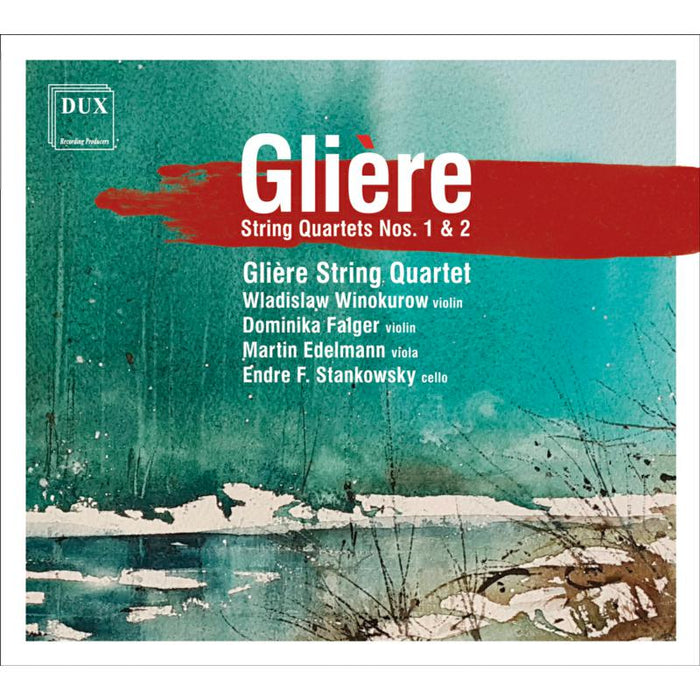Description
This new release from the Fudalarot Duo features selected transcriptions of works from the string and vocal repertoire for cello and piano, including works by Szymanowzki, Rebecca Clarke and Ernst Bloch. Transcriptions still enjoy popularity among musicians and listeners, primarily as a way to expand the repertoire and offer the audience a previously known piece in a 'renewed' version.
The album opens with music of Karol Szymanowski (1882-1937) - the first piece is Roxana's Song from the opera King Roger in Wojciech Fudala's original version for cello, which is in fact an 'indirect' translation - it was not based on the original (vocal) version, but on the violin transcription made by the composer himself.
In 1982 Kazimierz Wi?komirski transcribed Symanowski's Violin Sonata in D Minor, Op. 9. In the preface to the publication of his transcription by the PWM Edition, he wrote: 'Truly romantic music of the Sonata, with its pathos, heroism, lyricism; music full of poetry and strong emotional tensions corresponds to the nature of the cello to a perhaps even greater degree than to the nature of the violin.'
Although her compositional output is relatively small (it mainly includes chamber works and songs), British violist and composer Rebecca Clarke (1886-1979) gained a reputation as of one of the most interesting musical characters of her time. Her most outstanding compositions include the 1919 Sonata for Viola and Piano, considered today one of the most important pieces in the viola repertoire. In his transcription of the sonata, Wojciech Fudala added an original transcription of Clarke's song The Cloths of Heaven, written to words of the Irish poet William Butler Yeats.
The album concludes with another transcription of violin music - Nigun from the suite Baal Shem by Ernest Bloch (1880-1959). Bloch was an American composer of Jewish origin born in Switzerland. Bloch intended to develop an autonomous style of music, integrating Jewish elements (scales, melismas, typical chants) with the Western European tradition. Elements of the Jewish style can also be heard in Nigun, which was translated into the cello by a virtuoso of that instrument, Joseph Schuster (1903-1969).



